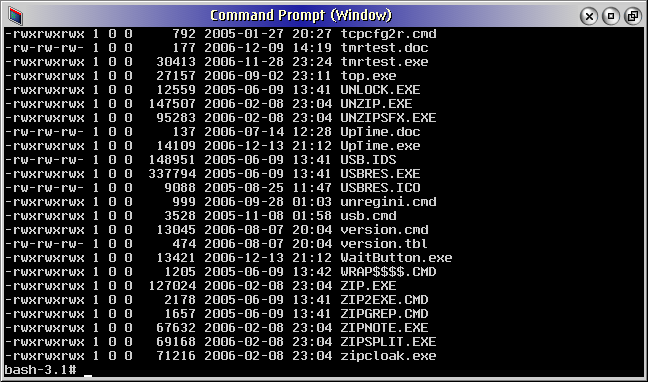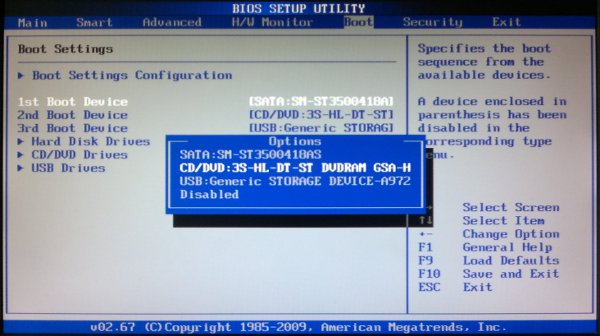

Now open a new shell (restarting Terminal.app will do, or just Cmd-N for a new window) and make sure your changes ~/> echo ~/> echo $BASH_VERSION Then change your user to use it as its shell with chsh (this is blatantly obvious, but modify the "Shell" line to point to /usr/local/bin/bash). $ sudo bash -c "echo /usr/local/bin/bash > /private/etc/shells" First, register the new binary as a valid shell: You can also install via MacPorts or Fink, I imagine, but I try to do these things myself when possible, if only for the sake of transparency. The binary is installed at /usr/local/bin/bash. On my system (Leopard + Xcode) I had no trouble compiling. Here's how I upgraded my system and a few ways I use the new features.

So far the things I use most are the '**' recursive globbing and the 'autocd' option. Bash 4.0 was released last month, and I'm only now getting around to messing with it.


 0 kommentar(er)
0 kommentar(er)
